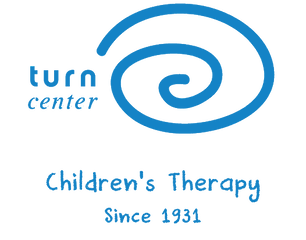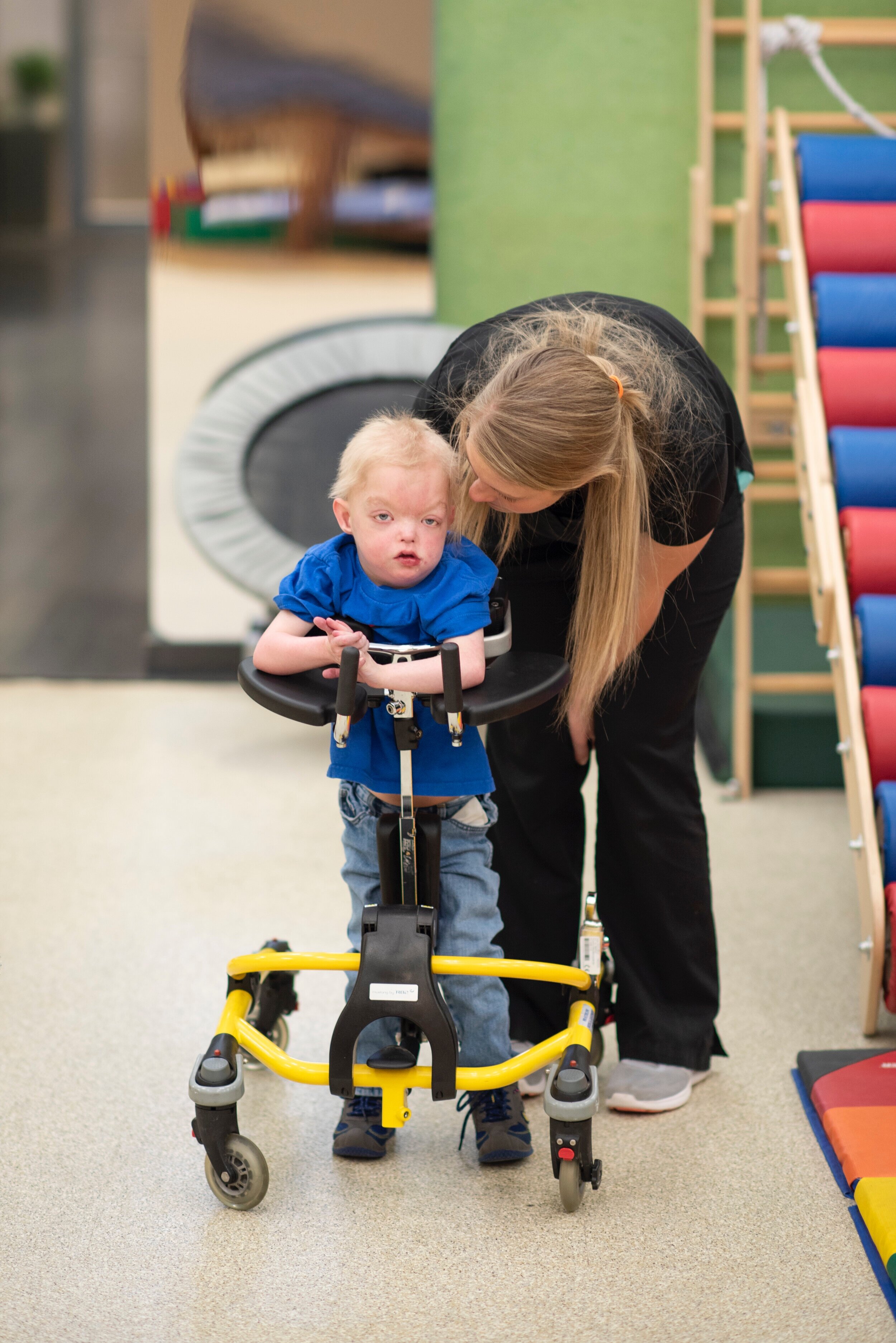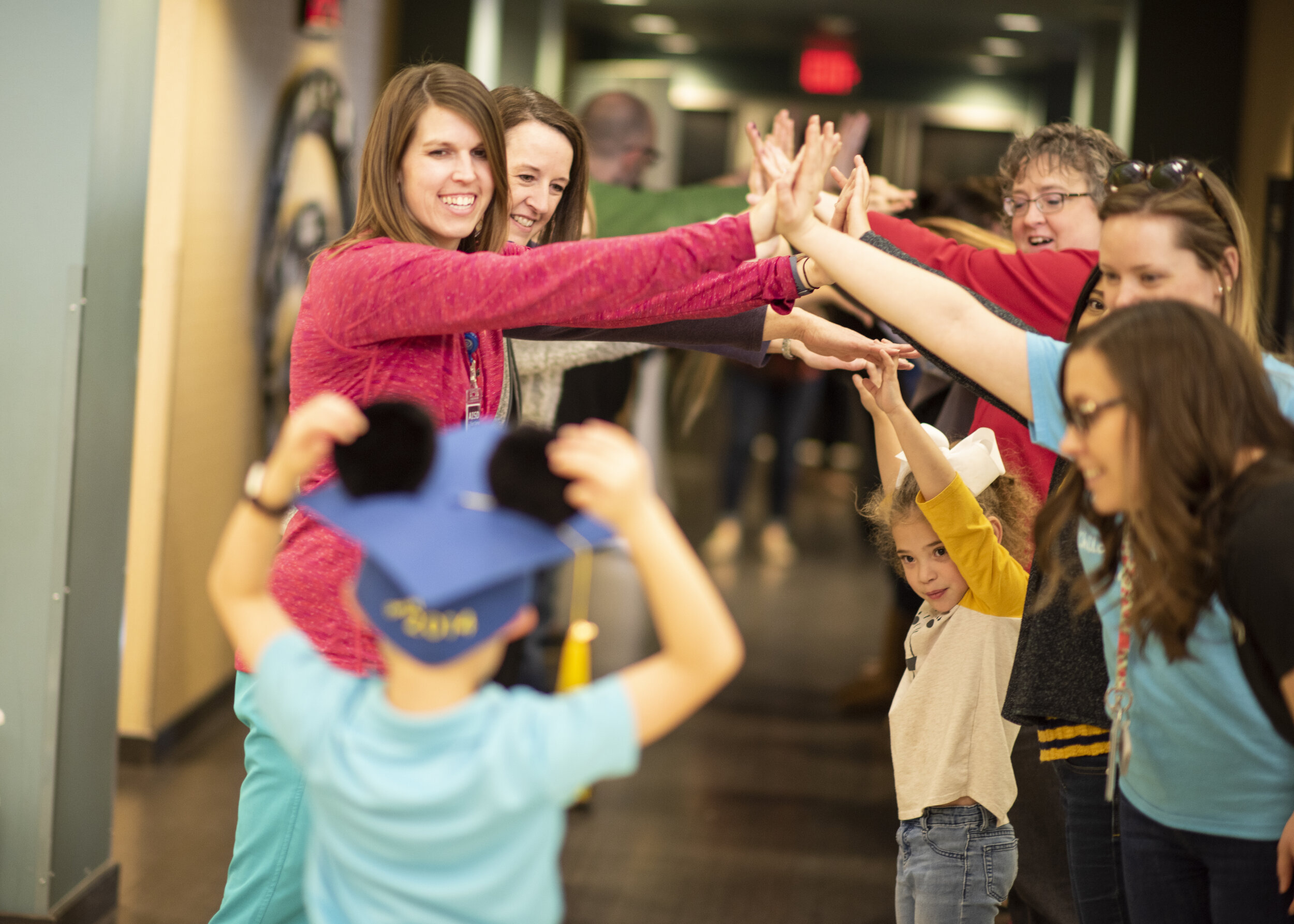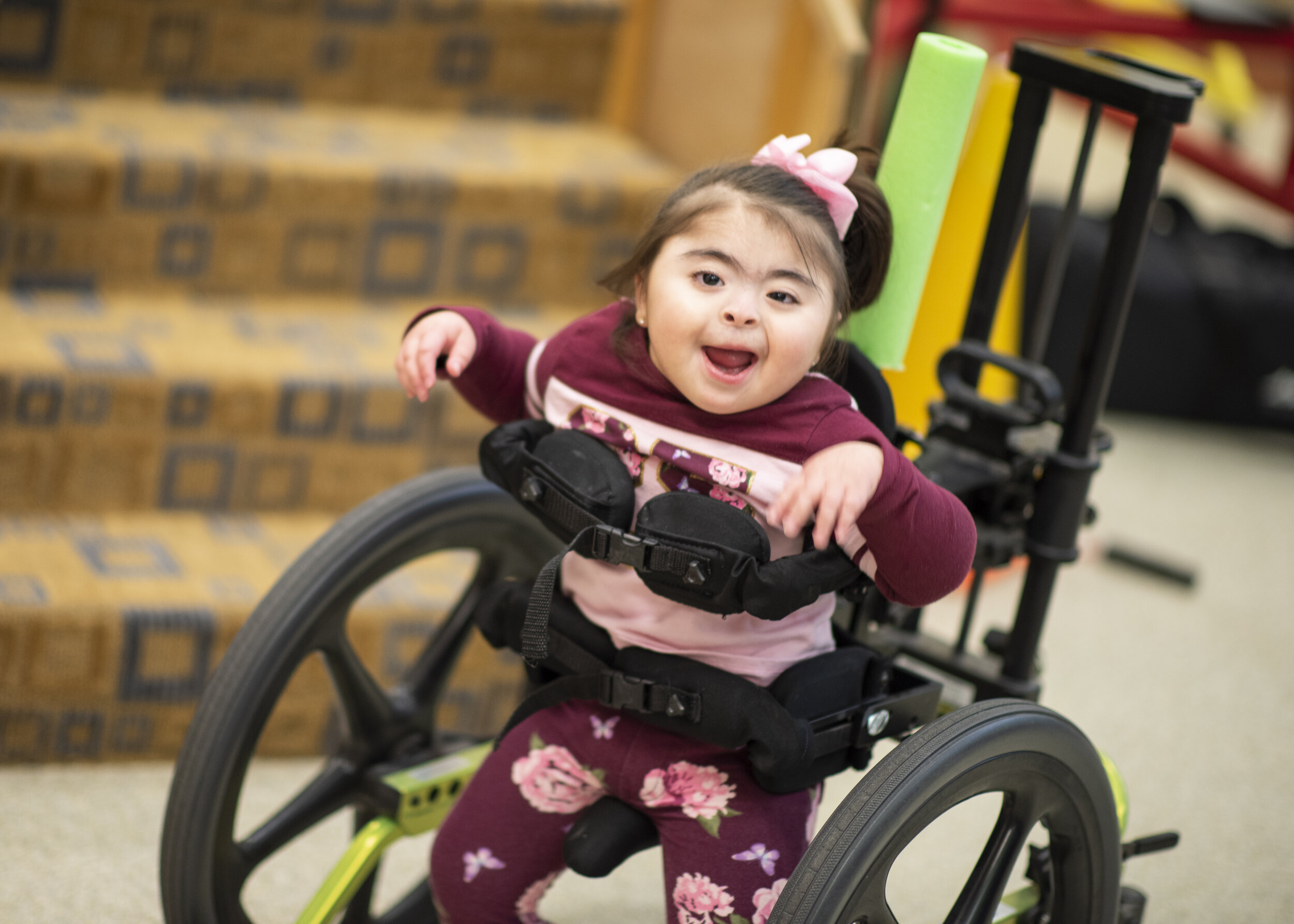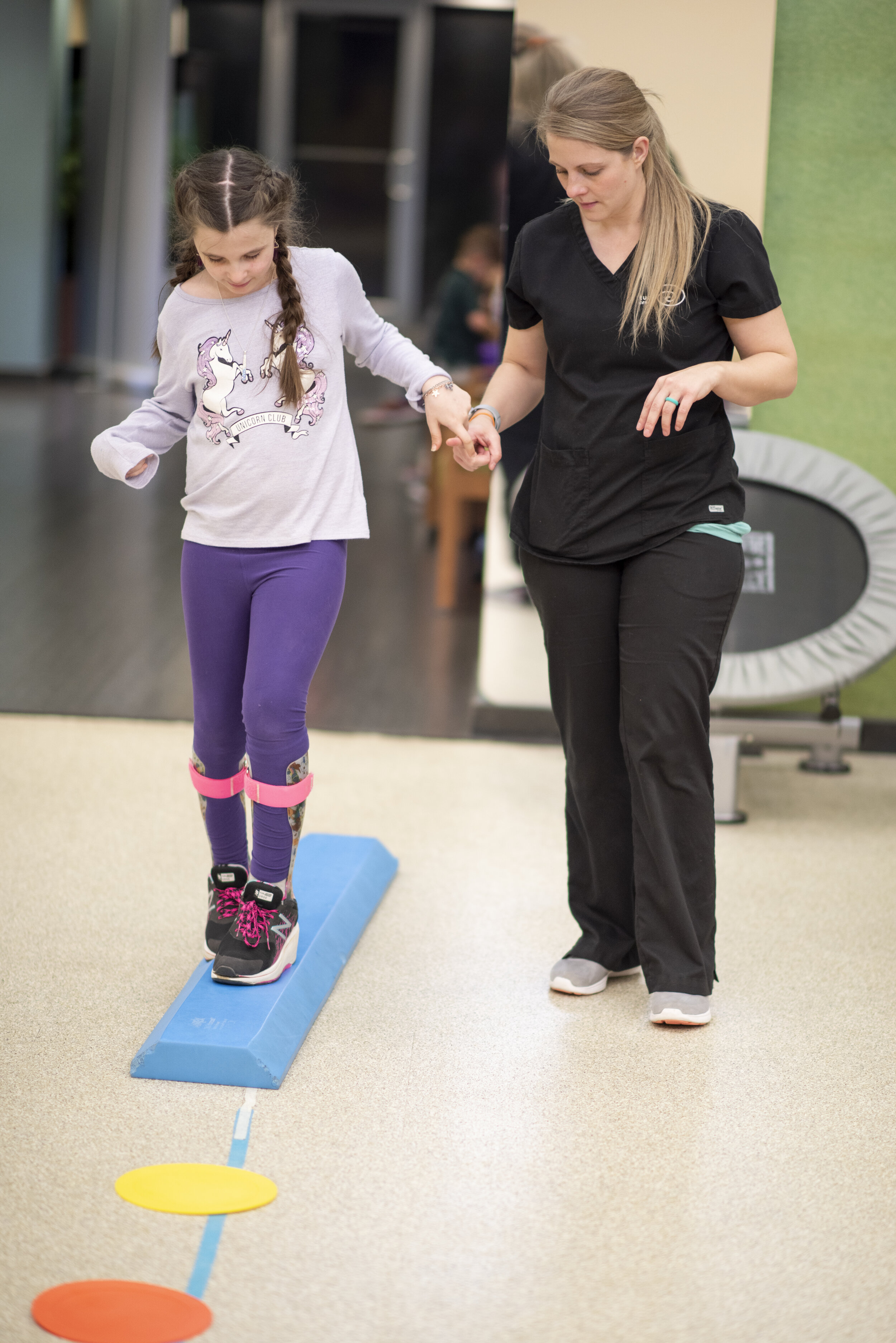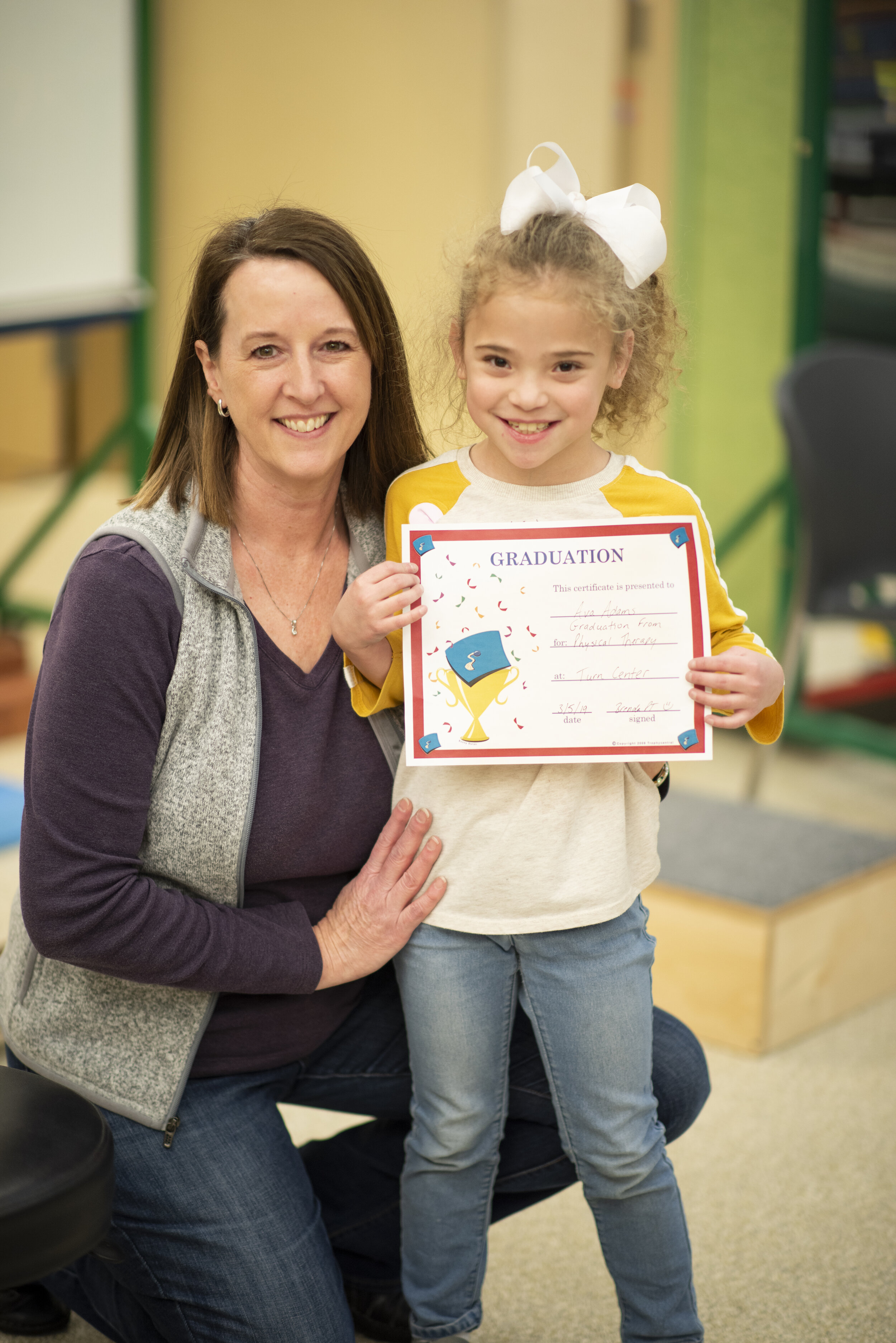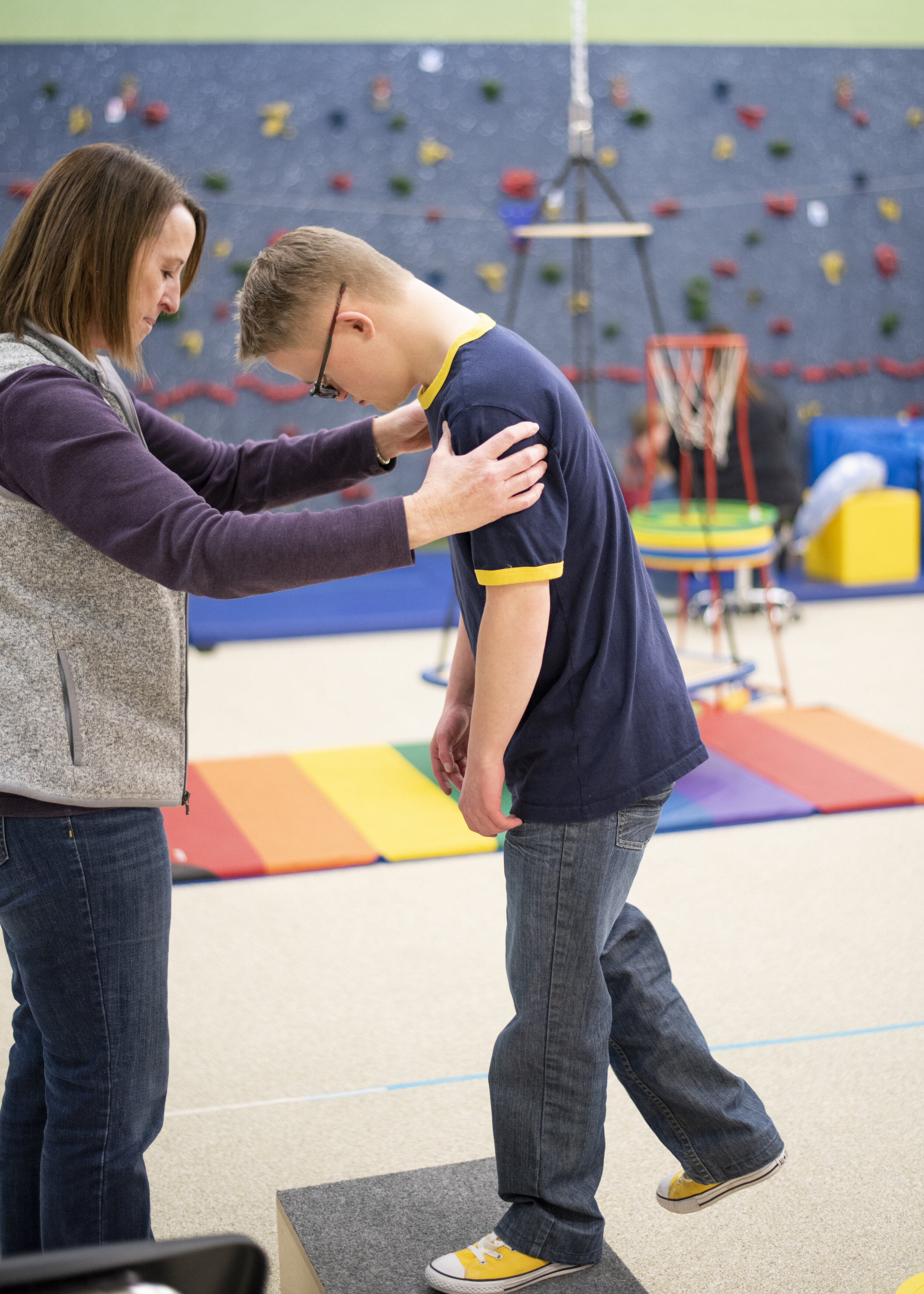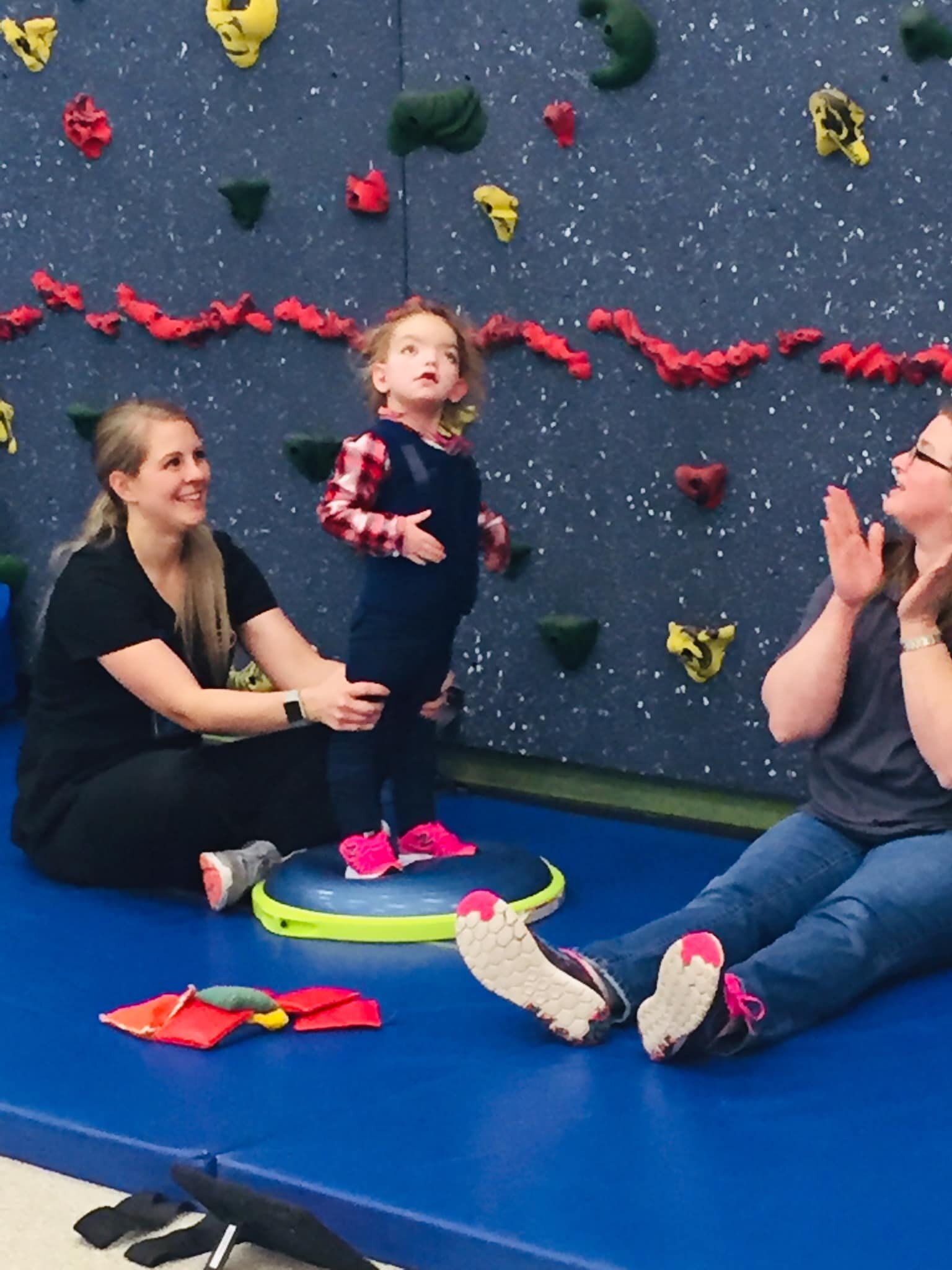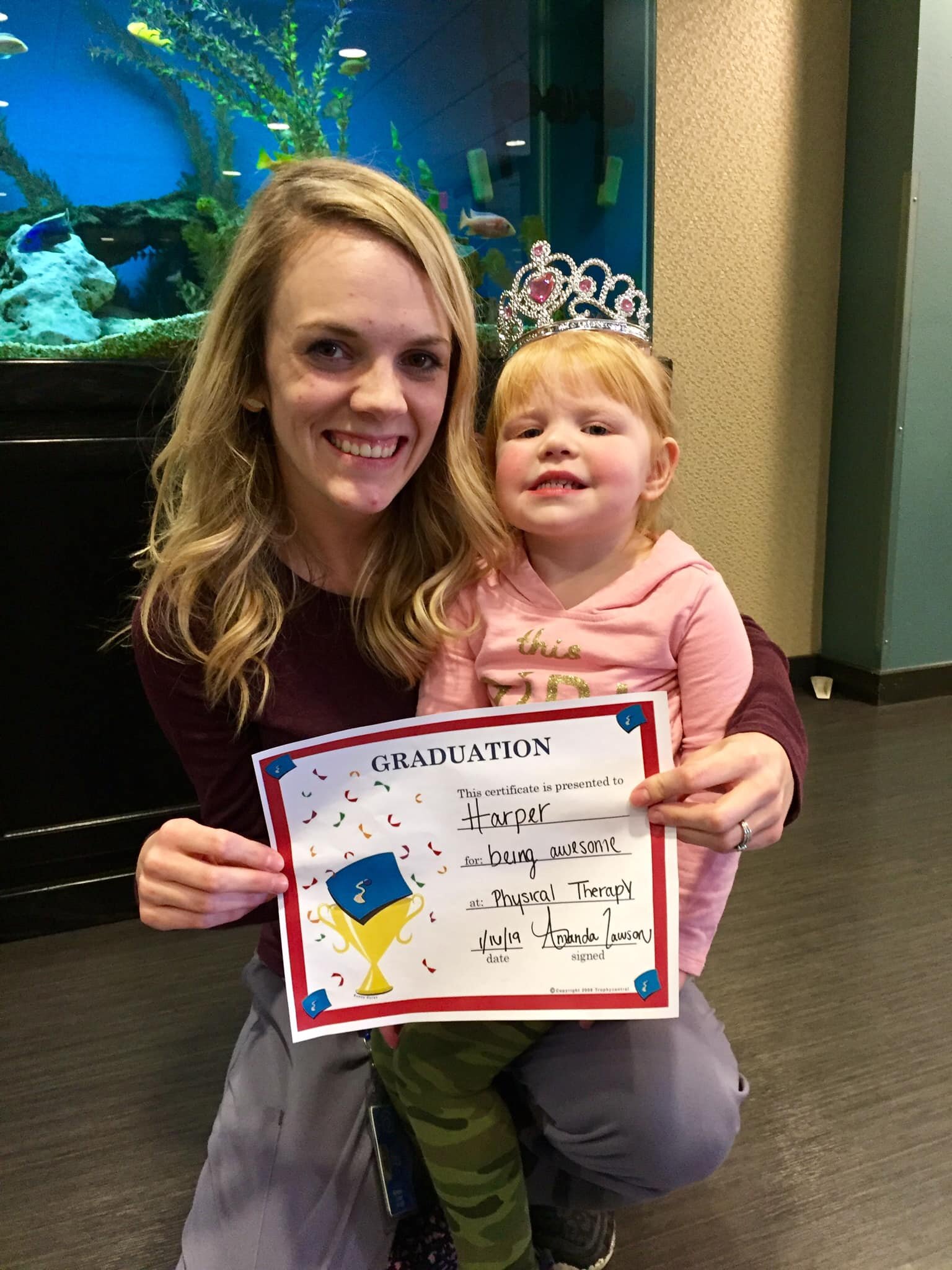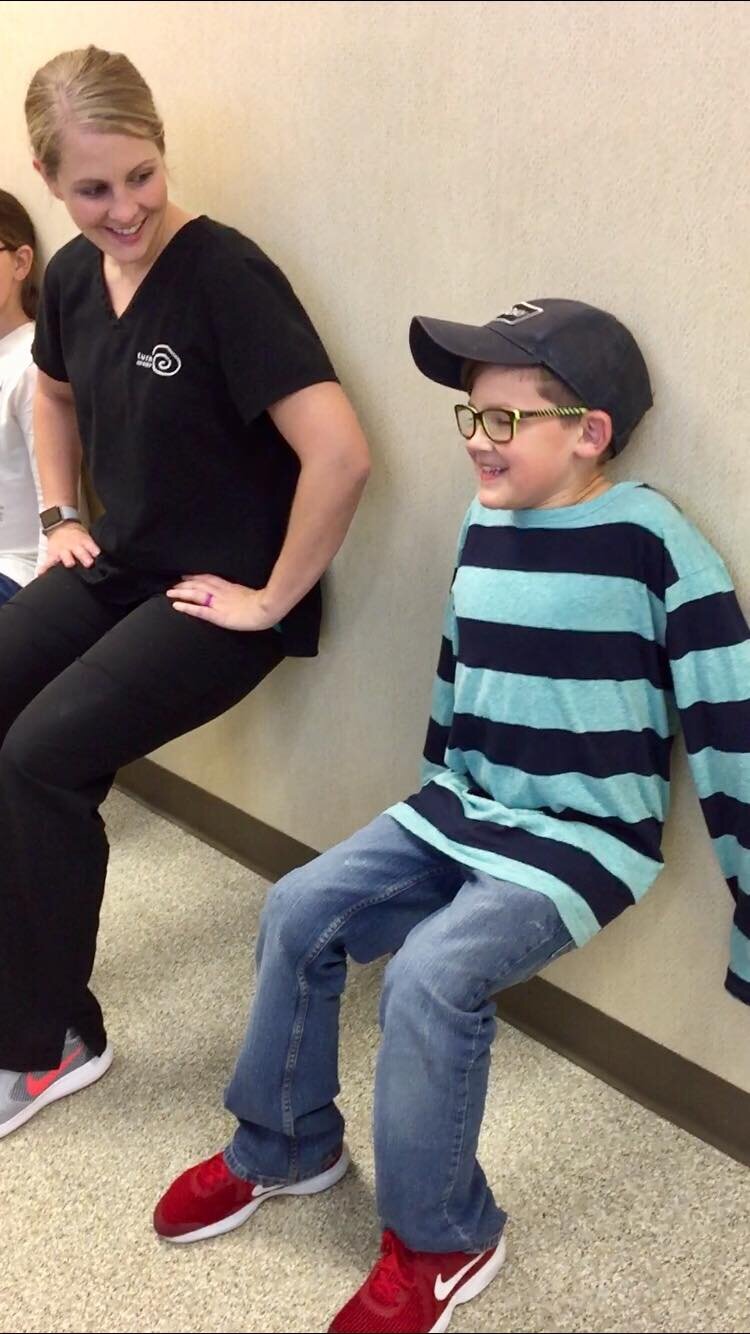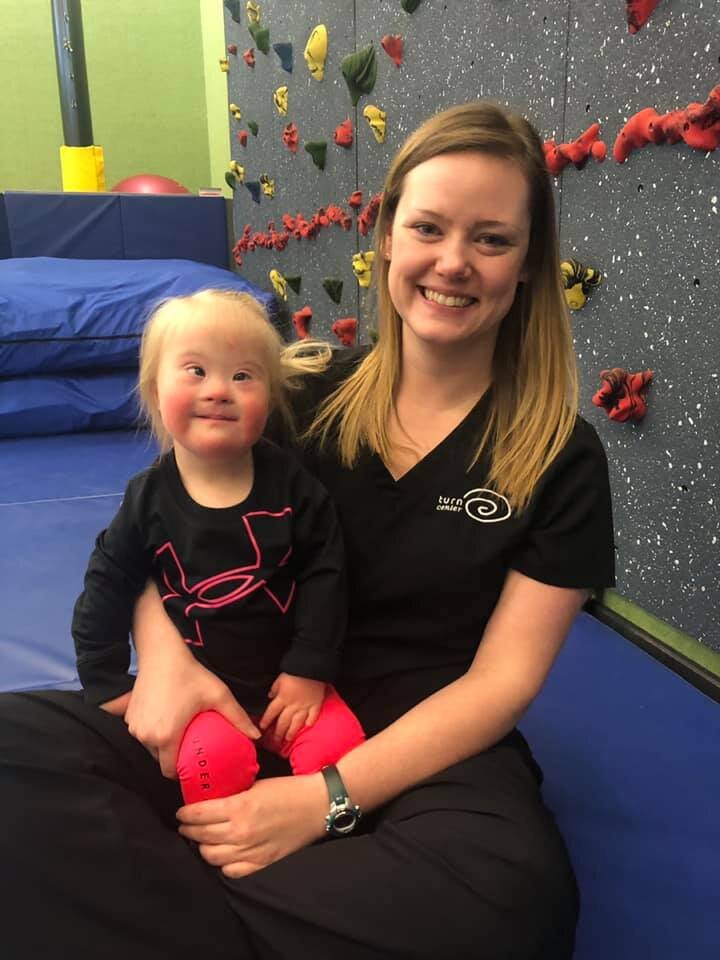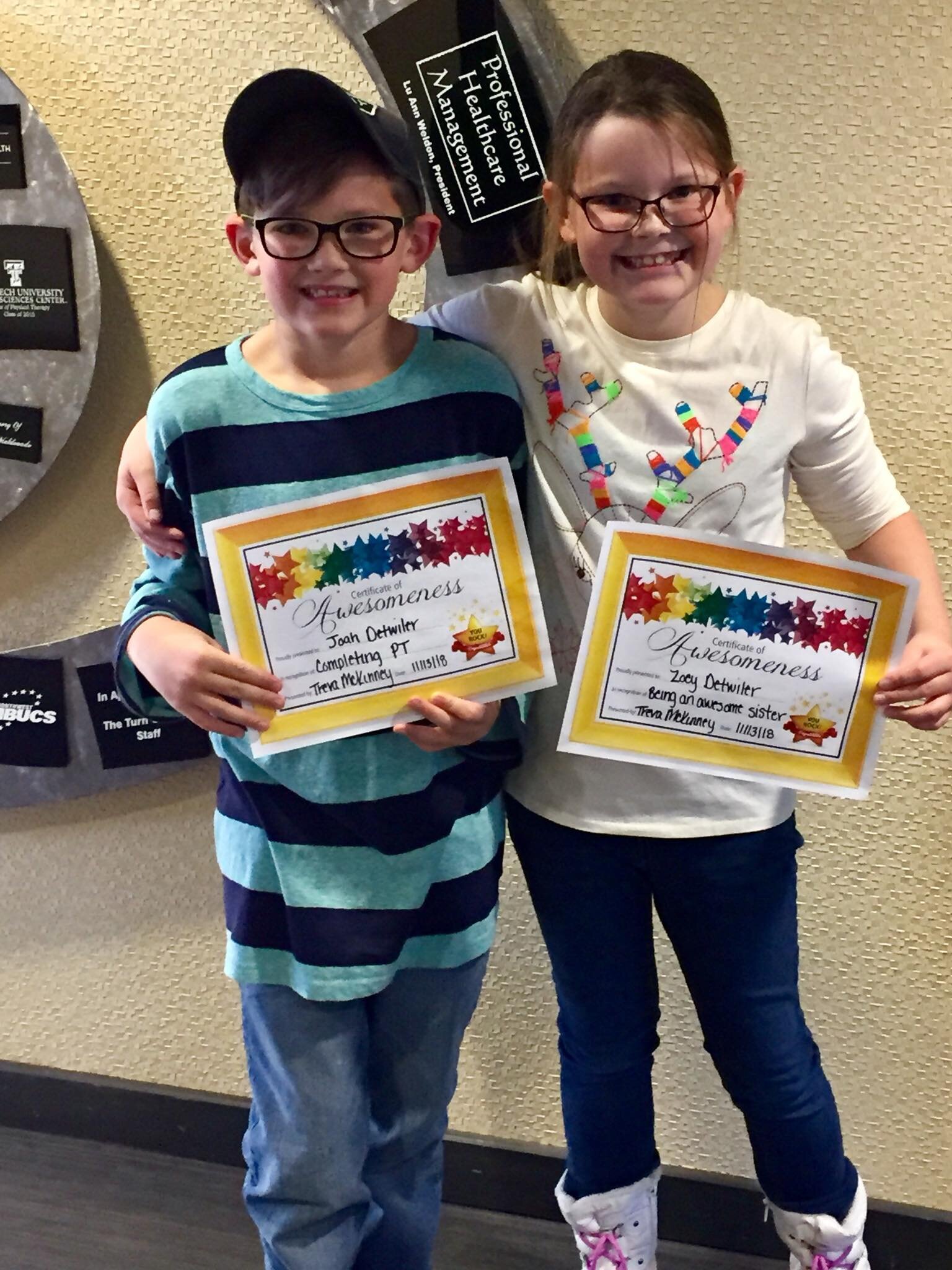PEDIATRIC OCCUPATIONAL THERAPY | PEDIATRIC SPEECH THERAPY | PEDIATRIC physical THERAPY | school services
PEDIATRIC OCCUPATIONAL THERAPY
Occupational Therapy focuses on adapting the environment, modifying tasks, teaching skills, and helping children develop the skills they need to grow into functional, independent adults. It helps them improve day-to-day muscle control so they can work on their fine motor skills such as writing, drawing, cutting, and gluing. Occupational therapy also helps with sensory impairments in movement, balancing, seeing, hearing, smelling, tasting, and touching. The longer a child goes without learning these skills, the more the problem compounds itself as the child ages, which makes the skills of a pediatric occupational therapist critical to their patients.
"Every one of us has different sensory experiences. Children with sensory difficulties can look and act a multitude of different ways. They can be overstimulated by the world around them, they can be under stimulated by their world causing them to seek out input that is typically considered “socially unacceptable” or they can be a little of both.
Kids with these issues aren’t trying to be difficult. Their brains have trouble filtering, organizing and interpreting information taken in by the senses. This can cause extreme reactions to sensations like bright light, noises, smells, tastes and textures or day to day experiences such as swinging, spinning, sliding and bouncing on a trampoline.
Here at Turn Center we have a facility equipped with a variety of sensory equipment and the therapists are well versed in Sensory Processing difficulties. They have a variety of strategies and recommendations for parents in need." - Director of Therapy Services, Regan Hall
AREAS OF FOCUS
- Cognitive Skills: Remembering letters, shapes, and sequences
- Fine Motor Skills: Finger dexterity, wrist and forearm control, and hand strength
- Gross Motor Skills: Balance and body coordination
- Self-Care Tasks: Dressing, bathing, and self-feeding
- Social Skills: Taking turns, listening, and following directions
PEDIATRIC SPEECH THERAPY
Pediatric Speech Therapy focuses on helping children's communication skills. At Turn Center, we work on speech, impaired muscles of the face and mouth, feeding and eating difficulties, word and speech fluency, and how to interact with others. Pediatric speech therapy treats communication challenges, both expressive and receptive, that cause children to have difficulty with verbal communication. Speech therapy also treats oral motor concerns, such as chewing and swallowing, as well as articulation, auditory processing, and social skills.
THE 5 AREAS OF LANGUAGE
- Phonology: Sounds in language and the rules that determine how sounds are used
- Semantics: Vocabulary of language
- Syntax: Sentence structure
- Morphology: Meaning of language
- Pragmatics: How we use language to communicate socially
PHYSICAL THERAPY
Physical Therapy at the Turn Center focuses on promoting independence, improving function, encouraging age appropriate development, preventing injury, and improving the quality of life for our children and families by helping them utilize their strengths to overcome their physical limitations. Our therapists are trained to work with children of all abilities. Our goal is to help every child achieve their maximal potential to participate in everyday life activities with as much independence as possible.
Conditions/Diagnosis* We Treat
-Cerebral Palsy
-Muscular Dystrophy
-Autism
-Developmental Delay
-Plagiocephaly
-Chromosomal disorders
-Spina Bifida
-Down Syndrome
- Brain Injury
-Post-surgical recovery
-Toe Walking
-Neurological impairments
-Evaluations for walkers, wheelchairs, or other assistive devices
*List is not exhaustive.
SCHOOL SERVICES
Our team of occupational, physical, and speech therapists provide related services in the school systems to support a child’s access and participation in his/her education.
These related services are provided through collaboration and consultation with the educational team and direct services to the child. Our goal is to identify a child’s strengths and modify the environment in order to bridge the gap in a child’s education.
PRACTITIONERS WHO PROVIDE SCHOOL SERVICES
- Collaborate with students, families, and educational team members
- Instruct and inform students, families and team members on ways to increase a child’s ability to successfully access his/her
educational environment
- Acquire and stay current with knowledge of educational systems (e.g. curriculum, legislative factors, current best practice)
- Promote evidenced-based practice within the school systems
- Lead programmatic change within the school systems (e.g transition services, educational initiatives, etc.)
- Provide expertise on adapting/modifying external factors that affect a child’s learning
- Promote independence within the educational environment for all students.
